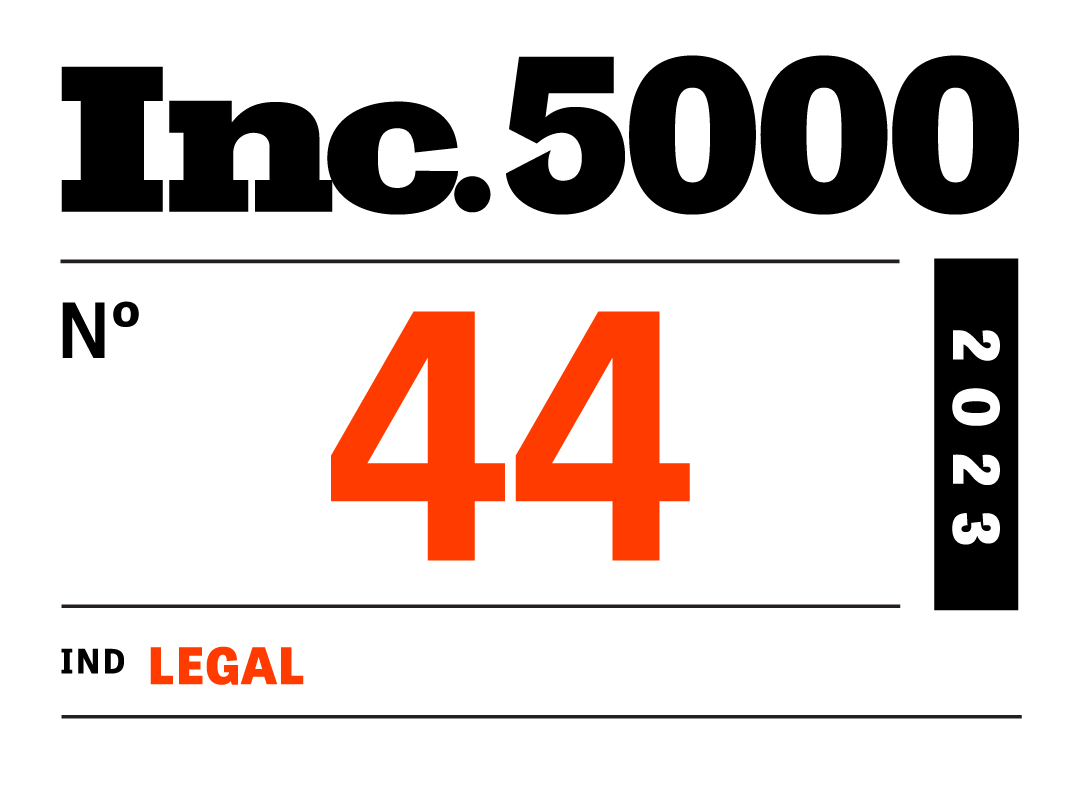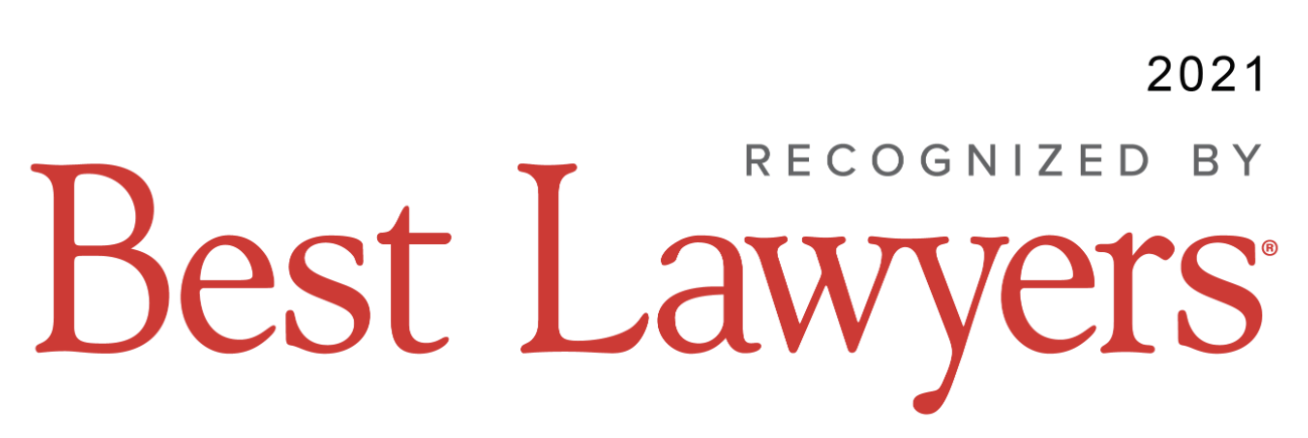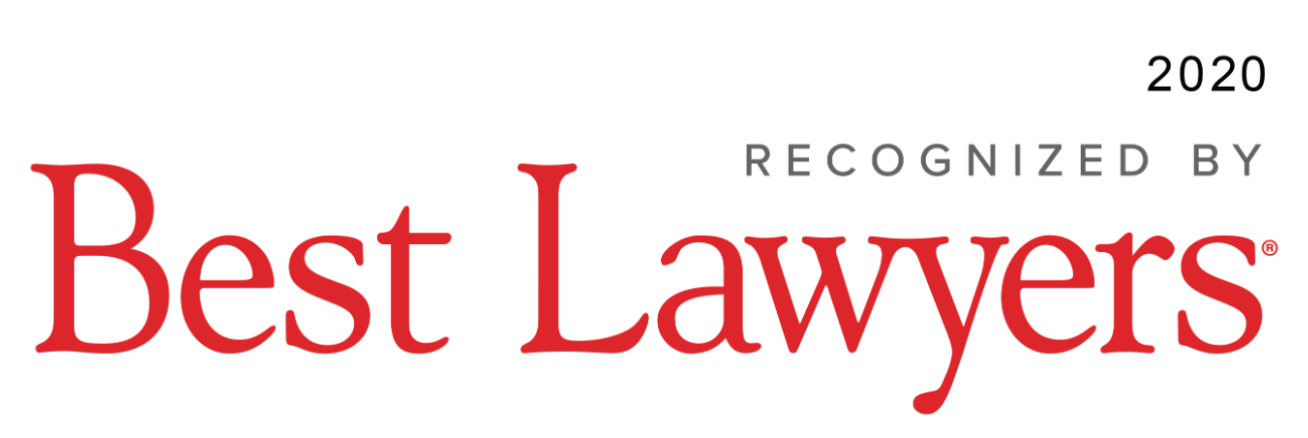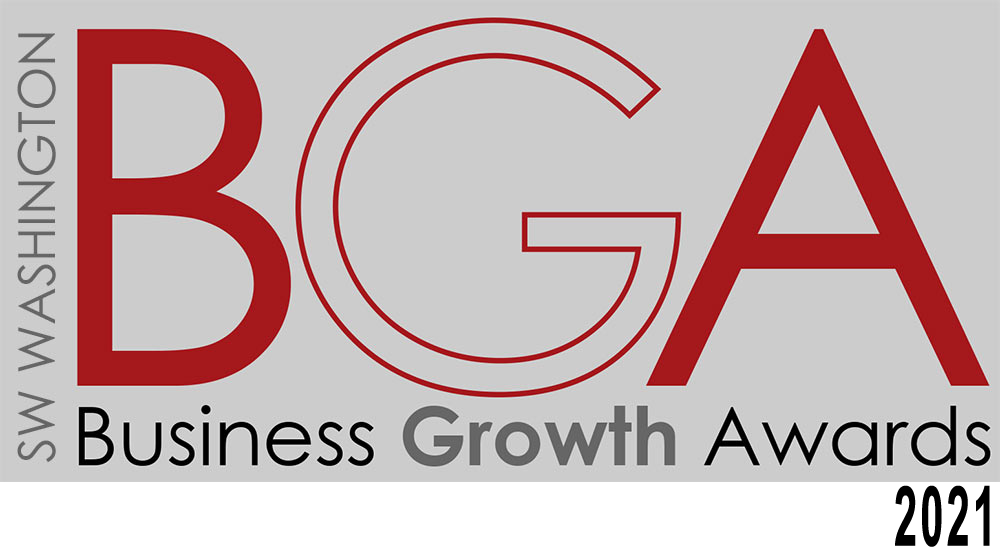
Employment Law (Washington)
There are various aspects of employment that may require you to seek legal advice.
At McKean Smith, our experienced attorneys have represented both employers and employees and have a deep understanding of employment law. Our attorneys will help you navigate whatever issues may arise, whether you are an employer who needs help drafting an employment agreement or an employee who has recently experienced an issue of wrongful termination. We can assist you in the following areas and more:
- Employment Agreement Review
- Termination of Employment
- Wage and Hour Law
- Equal Pay Law
- Discrimination and Harassment
- Family and Medical Leave Law
- Non-Compete Agreements
Sonia Montalbano and Collin McKean are employment law attorneys who have the knowledge and experience necessary to help you achieve your goals.
Business Law (Washington)
We provide representation, advice, and counsel for many issues of business law including:
Business Formation:
Business formation is often the first major step for entrepreneurs wishing to establish a new company; your business structure can be used to acquire financing, obtain experienced executives, and secure various other pillars that are necessary to hold up a company. We provide formation advising for corporations, LLCs, and partnerships. A solid business structure will provide your organization with the best possible chance of success; we advise clients on the various types of legal entities and help them evaluate which options will work best for their unique situation. We can also advise them on what steps they will need to take in order to be successful and minimize potential conflict in the future. Usually one of the first major steps for anybody wishing to establish a new company is to develop a clearly articulated and well thought out operating agreement.
Shareholder, Partnership and Operating Agreements:
There are very few aspects of building a company that are more important than effectively defining the rights and responsibilities of the company owners; thus drafting an effective Shareholder Agreement for a corporation (or Operating Agreement for a partnership/LLC) is essential to providing our clients with a valuable balances of control and flexibility over their company’s operations because they are critical for any potential business dispute or dissolution that may occur down the road. Our primary goal is to prevent business litigation in the future by helping our clients to anticipate any potential problems that may arise today. We work closely with our clients to create a document that effectively addresses the company’s unique circumstances and accounts for both expected and unexpected future developments.
Buying and Selling Businesses:
We can represent both buyers and sellers in the purchase or sale of businesses; this includes the purchase of assets, shares of stock, or acquiring the business as a whole. Buying or selling a business is a momentous decision that requires the skilled guidance of an experienced business lawyer. We provide counsel through all phases of an acquisition including but not limited to purchase negotiations, purchase agreements, and due diligence. We work closely with CPAs in business valuation, drafting acquisition, or sale agreements with the goal of preventing potential problems and business disputes from arising in the future. We can also provide assistance with structuring your business succession plans.
Business Succession:
Preparing for the succession of a business is a critical aspect of business formation as how assets are distributed and conveyed can have significant tax consequences or other implications for subsequent generations. For a business that is owned by multiple individuals (such as several members of a family) business succession involves careful planning to ease the transition whenever there is a change of ownership. This typically happens when a majority owner or manager dies, retires, or becomes disabled. We help draft agreements for the company and its owners (as well as personal estate planning documents) to accomplish our clients’ objectives and minimize any tax or financial burdens.
Business Litigation Issues
Shareholder and Partnership Disputes:
Business professionals (as well as family members) enter into business ventures on a regular basis; at the businesses’ creation, it is typical for partners to enter into shareholder or partnership agreements. At inception, the parties involved usually only have one goal in mind: ensuring steady growth for their business. However, as time passes and challenges begin to surface, one of the biggest threats to the stability of a business can be disagreements within management and/or among shareholders. We represent clients who have been financially wronged or damaged by the acts of other parties in a business; regardless of the type of business, many of our clients are able to settle their disputes without going to court. When cases do need to be litigated, we are ready to provide you with a depth of judicial knowledge and superior litigation services. Don’t let an internal dispute among partners or shareholders wrongfully deprive you of your investments in the company that you have worked so hard to build.
Breach of Contract:
Business in today’s economy depends heavily on contracts; they are absolutely critical in the modern corporate world because contracts clarify the parties’ obligations and expectations. When a breach of contract occurs in a complex commercial transaction, it requires an experienced business attorney to interpret the contractual obligations of the parties involved. This is essential to build a foundation for a breach of contract case and help resolve the dispute in a timely and effective manner. We will work to resolve the disputes of the involved parties and prevent a costly, drawn out litigation process. In the event that an agreed resolution cannot be reached, we are ready to litigate your case in court.
Breach of Fiduciary Duty:
Business owners, officers, directors, majority shareholders, and others have a responsibility to perform certain duties and to maintain their integrity in the doing of those activities. When they do not, they may be liable for breach of fiduciary duty. Breach of fiduciary duty claims are quite common in business litigation and it is a broad concept that may arise in the context of shareholder disputes, partnership disputes, or even fraud. We represent clients who have been wronged and financially damaged by the acts of other parties in a business.
Non-Compete Agreements:
We advise and represent clients in the drafting and litigation of non-compete agreements; the court interprets these agreements very strictly so they must be drafted carefully in order to be enforceable. Frequently, these agreements are governed by statute and the case law surrounding the interpretation of these agreements and their subsequent requirements. We assist in drafting enforceable non-compete agreements and challenging overbearing or unenforceable agreements.
Our dedicated attorneys and staff serve a wide range of business clients in transactional and commercial litigation services; we are flexible and responsive to our clients’ individual needs.
Sonia Montalbano and Collin McKean are highly experienced attorneys who are here to help, whether you are a business owner with growth issues or in need of guidance navigating the legal issues that can arise in business ownership.
Contact Us
Copyright © 2024 McKean Smith LLC

























